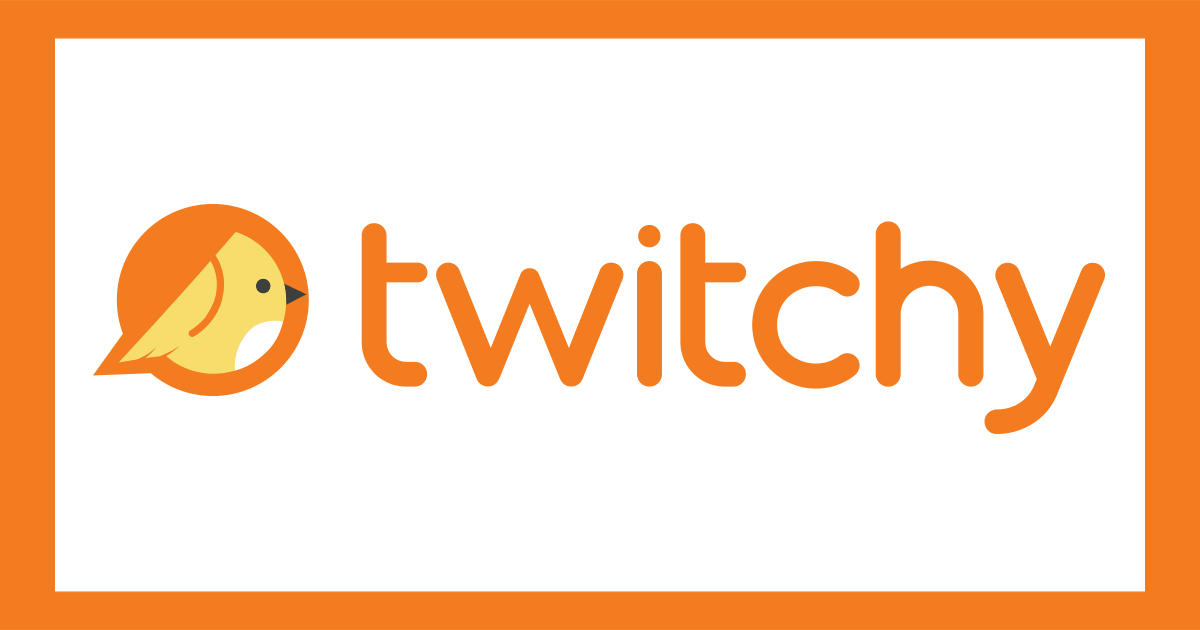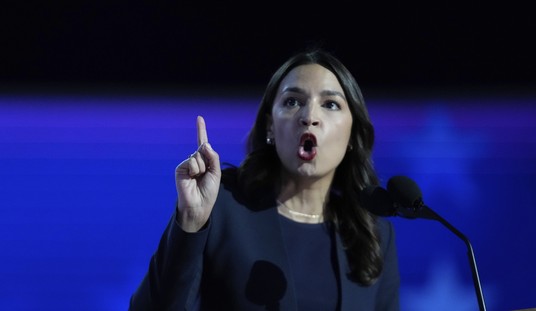Cochrane is a well respected nonprofit organization in the U.K. that seeks “to produce trusted synthesized evidence, make it accessible to all, and advocate for its use. [Cochrane’s] work is internationally recognized as the benchmark for high-quality information about the effectiveness of health care.”
And in case you missed it, the Cochrane Library recently published their findings from a comprehensive review of available data on the effectiveness of masking as a preventative measure against the spread of COVID and other respiratory illnesses. What they found was that masks really don’t do a whole heck of a lot to curb the spread.
More from Reason’s Robby Soave:
“Interestingly, 12 trials in the review, ten in the community and two among healthcare workers, found that wearing masks in the community probably makes little or no difference to influenza-like or COVID-19-like illness transmission,” writes Tom Jefferson, a British epidemiologist and co-author of the Cochrane Library’s new report on masking trials. “Equally, the review found that masks had no effect on laboratory-confirmed influenza or SARS-CoV-2 outcomes. Five other trials showed no difference between one type of mask over another.”
That finding is significant, given how comprehensive Cochrane’s review was. The randomized control trials had hundreds of thousands of participants, and made useful comparisons: people who received masks—and, according to self-reporting, actually wore them—versus people who did not. Other studies that have tried to uncover the efficacy of mask requirements have tended to compare one municipality with another, without taking into account relevant differences between the groups. This was true of an infamous study of masking in Arizona schools conducted at the county level; the findings were cited by the Centers for Disease Control and Prevention (CDC) as reason to keep mask mandates in place.
…
The findings have yet to penetrate the mainstream media’s bubble: Whereas flawed studies like the Arizona one received rave reviews in the pages of The New York Times and The Washington Post, so far the Cochrane review has not attracted coverage from these outlets. Nor has it garnered commentary from the CDC—an agency that has routinely seized on less compelling evidence in order to recommend the maintenance of intrusive COVID-19 interventions like mask mandates and lockdowns.
That last paragraph is a perfect segué into this thread from author Zac Bissonnette, who, like Soave, feels like Cochrane’s review should be front-page news at outlets like the New York Times. After all, it should be incumbent upon the Times to correct the record on their previous reporting on what turned out to be highly flawed studies on masking. But apparently the New York Times disagrees:
The Atlantic and Slate both did smart, nuanced pieces on the Cochrane Review on masks, which found very weak evidence that mask wearing stops Covid.
It’s telling—and disturbing—that the NYT is just never going to do a piece on this because its audience doesn’t want to hear it. pic.twitter.com/fHaTnEIhKY
— Zac Bissonnette (@ZacBissonnette) February 15, 2023
The Atlantic and Slate could do it, but not the New York Times? When you’re being shown up by The Atlantic and Slate, it’s time to re-evaluate yourselves.
The notion of “fake news” is relevant here.
The NYT ran endless stories about masks and what mask to buy and mask requirements and mask etiquette. When the most respected source in evidence-based medicine data analysis puts out a study that says they don’t work, it’s newsworthy.
— Zac Bissonnette (@ZacBissonnette) February 15, 2023
One would think, yeah.
It’s newsworthy if, that is, you’re a news organization looking to inform its readers of true information about the news of the day.
If you’re running a subscription newsletter business designed to reinforce the views of your subscribers, it makes sense to not cover it.
— Zac Bissonnette (@ZacBissonnette) February 15, 2023
Shouldn’t the New York Times be in the business of journalism?
I should add:
I’ve never been an anti-masker. I thought it was worth trying on the grounds that it might help! I thought the anti-maskers exaggerated the reasons costs of mask-wearing for political reasons. But Cochrane saying they don’t do anything is obviously newsworthy.
— Zac Bissonnette (@ZacBissonnette) February 15, 2023
As far as news that’s fit to print goes, Cochrane’s review fits quite nicely into that category.
Oh, I should add, this editorial demand for fraud is so strong that you see it even when the NYT runs great stories.@susandominus’s story on Rhode Island getting its schools open was masterful. And yet Florida got schools open faster—but NYT just won’t do a story on that.
— Zac Bissonnette (@ZacBissonnette) February 15, 2023
Now seems like as good a time as ever for the New York Times to just shut down and start from scratch.
***
























Join the conversation as a VIP Member